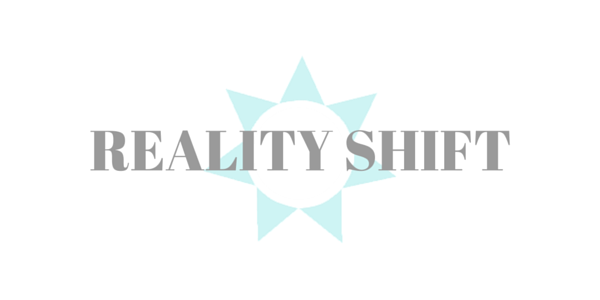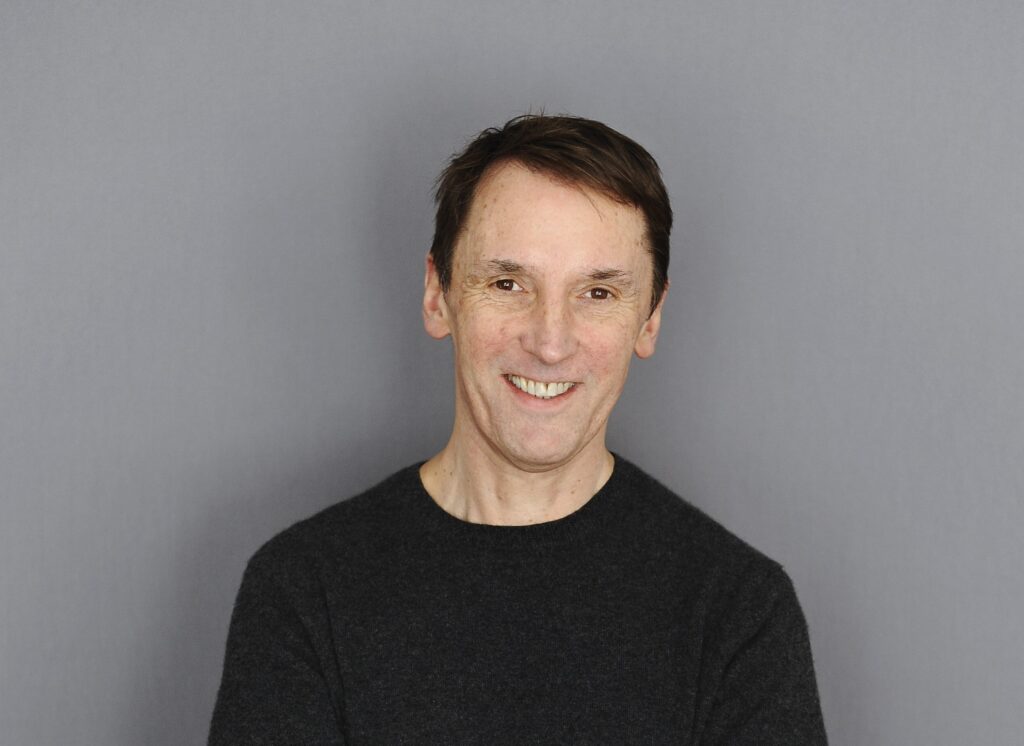In the middle of the journey of our life, I came to myself, in a dark wood, where the direct way was lost.
Dante
In the late 13th century, Dante led a charmed youth as a leading poet and politician in Florence. Then in 1302, his whole life was turned upside down. While on a diplomatic mission, Dante was sentenced to exile. All his assets were seized by the Black Guelphs, the leading political faction. If he returned home to Florence he would be burnt at the stake.
Cut off from his home, his past and everything that he had built up in his life, Dante raged against his exile, seeking a way back to his beloved home city. He met fellow exiles, hatched plots, yet never managed to return to Florence.
It was only once he began to accept his new position in life, that he was able to find his unique, mature voice as a poet. Through a new perspective, gained in the school of hardship and loss, his genius finally soared. In acceptance of his fate, he wrote his masterpiece, ‘The Divine Comedy’.
Just like Dante, all creative people get stuck
It can help to realise that most creative people get stuck or lost at one time or another. Though our position may be less dramatic that Dante’s, we too lose what we hold most dear and we don’t know the way forward. The old ways of living and creating no longer work for us. They feel empty or just longer possible.
We long for the good old times, when everything looked so clear and easy. When we surged forward with that youthful energy that skims from one project to the next. But now the way is forward is dark.
If you do have ideas, then they look dull and boring when you hold them up to the light of closer inspection. Or maybe you don’t have any ideas at all and your creativity is completely blocked.
It’s at times like these that it seems you have to give up your dreams of being an artist, a creator, or of running a business of your own. Time to get real and make that a mundane 9-5 job the priority. But is it?
Why does creative stuckness happen?
The first thing to do is to find out why you’re stuck. To do this, look at what is going on in the rest of your life. Once you do this the reason why, may become obvious.
If things are stressful or over-busy elsewhere, if you have moved town, got separated or divorced, or someone dear to you has died, then of course this is going to affect your creative self. The same goes if you have reached a milestone and turned 30 or 50 or 70.
Change happens and when it does we can’t keep running on the same trajectory as we did ten years ago. All too often we simply think we have to work harder, pull our finger out and stop being so lazy. But the truth is we need to regroup, reassess.
Our creativity doesn’t stand on the sidelines of our lives, always 100% competent, whatever else is happening. The creative self is part and parcel of the rest of our being, nourished by our life, and changed by what happens to us.
How to find your way forward
Be real about where you are now. If that’s stuck and unhappy and confused, lonely in a new town, sadly single, or five kilos heavier, then that’s where you are. Start there. Stop trying to fix that. Stop trying to force things to be as you think they should be or used to be.
Then realise that stuckness is trying to teach you something. Essentially, it signals a crisis of meaning. This is because our creativity flows best when what we are doing feels valuable and important to us. Yes, of course it’s necessary to think about what is commercially acceptable or profitable – but no one follows a creative path just for the money. Creative action must be backed by a sense that our work has depth and resonance for us.
Exercise: being in the zone
A great exercise to do now, is to look back at the times when you were ‘in the zone’. This isn’t to redo exactly what you did then. It’s to find themes, common denominators and clues and see if you can apply those clues to the here and now.
Take a pad and pen and jot down times when:
- Time seemed to have no meaning
- You felt playful and energised and your mind and body felt like one
- Your goals were clear and linked to what you think is important
- You were highly focussed on what you were doing
- There was no self-consciousness or worry or embarrassment
- You felt that what you were doing was intrinsically rewarding, so you did it without effort
- You felt fully alive
Most of us can come up with several such times from the past. Once you have the examples, journey back into each one in your mind and consider:
- What made this time or task so special?
- Who were you with? Were they involved with you in the task?
- What were you feeling?
- What did you achieve?
- What values or beliefs were you calling on?
- What need was this serving?
- What links were there with rest of your life?
See if you can note key words, ideas, motives, values and drivers. Then think about what those notes mean for you today.
Are there values that you have forgotten and that you need to honour in your work? Did those ‘in the zone’ times have factors in common? Were there particular types of work which made you feel more fulfilled? Is it clear that you work better when you are working on joint projects with others?
Ask yourself, what needs to happen for the really important methods, ideas or projects, to become part of the fabric of my creative life once more?
This exercise can be a revelation, making it clearer whether to take a new job, which creative project to choose, or how to add meaning to an existing project.
What else you can do
Even more important than looking back, is to use where you are now to fuel your creativity. Can you make art out of this new, more difficult place? Is there something unique you have learnt, or are learning. Has this time opened up to you a richer, or darker, or more complicated way of seeing the world? Can where you are now add new depth to your work? Could your experiences of ageing, bereavement or simply of confusion, add power to your work or serve to guide what you create?
If this seems too ‘heavy’, could you adopt a character or a voice and express where you are through them? This can be a particularly useful strategy if you normally express yourself through comedy or lightness of touch.
For many artists, times of difficulty, of being stuck and retrenchment, have led to a new voice, a new path or a new flowering. To read more about difficult times for creative people, have a look at the work of Eric Maisel. I particularly liked his book The Van Gogh Blues.
Or if you feel you need support or guidance to help you find your way forward, please get in touch.


